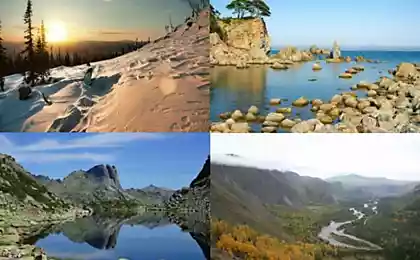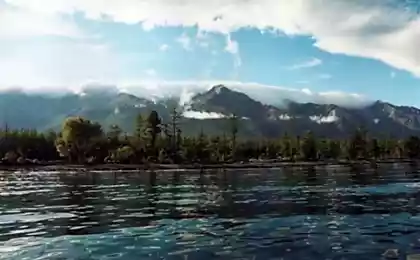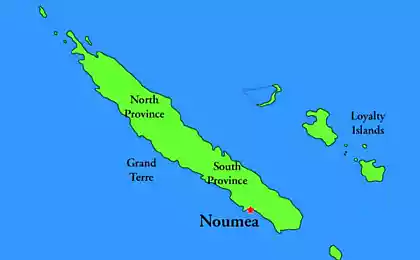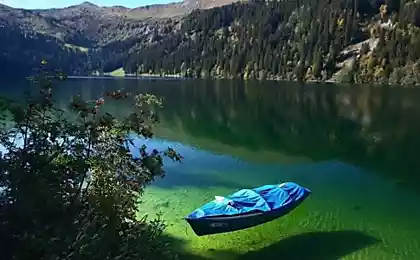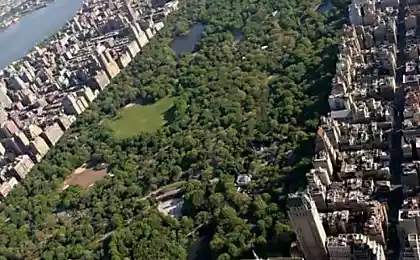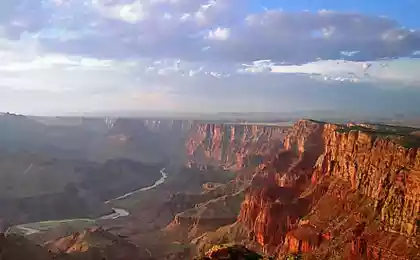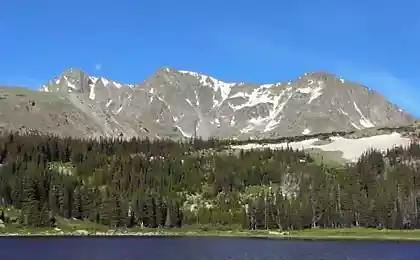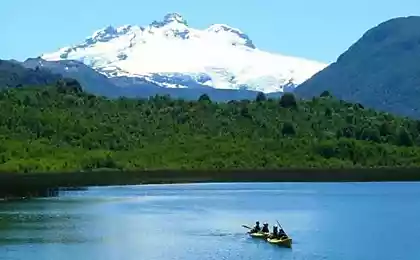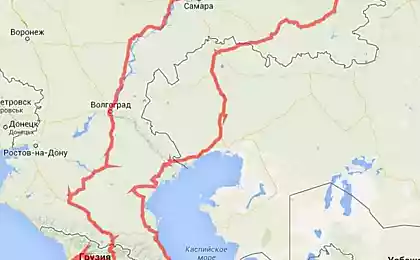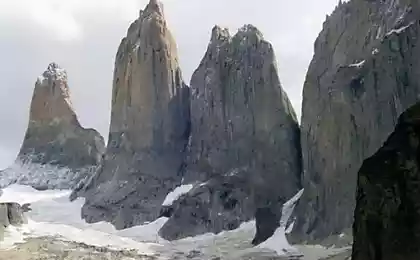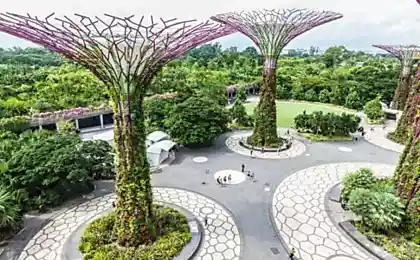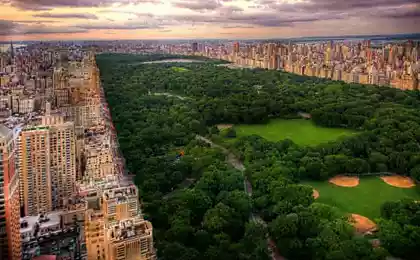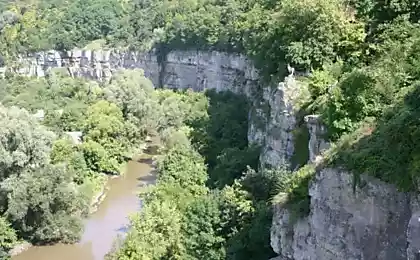489
Created the largest nature reserve on Earth
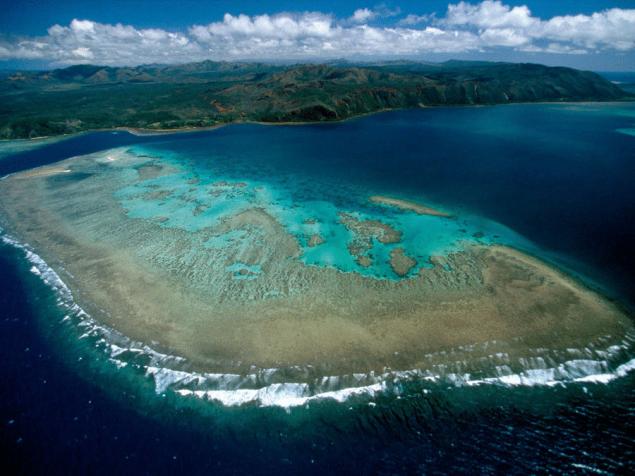
New Caledonia is a small chain of Islands in the South Pacific, and it recently became the largest protected area on the planet. Huge marine Park stretches 1.3 million square kilometres, i.e. more than 130 million hectares, easily breaking all records and becoming the largest natural reserve on land and at sea.
Recently established protected area called "Le Parc Naturel de la Mer de Corail" ("Natural Park of the Coral sea") has become home to a number of wild creatures. The reserve includes more than 445 thousand hectares of coral reefs, 25 species of marine mammals, 48 shark species, 19 species of nesting birds and 5 species of marine turtles. The ecosystem of the Park annually produces up to 3 thousand tons of fish, an important source of food for a quarter of a million inhabitants of New Caledonia.
"It is a monumental decision for New Caledonia and the entire Pacific ocean, says David Emmett, senior Vice President of program development the Asia-Pacific region, implemented by the international organization in the field of development of environmental technologies. Is an example of the full investment, which can make other Pacific countries to sustain long-term health and resource productivity of their part of the ocean."
National Park of the Coral sea, located 3 thousand kilometres East of Australia, covers the whole of the special economic zone of New Caledonia, i.e. the water stretching 200 nautical miles from the coast of the Islands. In addition to protecting fish, coral reefs and other wild life, which plays a key role in the local economy, it is expected that the Park will be a huge advantage for ecotourism in New Caledonia.
It should be noted that New Caledonia is an environmental Mecca. The most famous representative of the local fauna are smart crows manufacturing tools, and the island is also proud of the richest on Earth in biological diversity per square kilometer and are considered to be the only isolated place with the highest biodiversity on the planet. There is located the second largest coral reef after Australia's Great Barrier reef and the world's largest coastal lagoon, which is listed as a world heritage site by UNESCO. New Caledonia is still a French territory, but since 1999, France transfers more responsibility to local leaders. Such leaders, like President Harold Martin, at the legislative level have created a new Park. For the first time on the concept stated in 2012 during the Pacific Islands Forum and it took a few years for its development with the support of scientists and specialists.
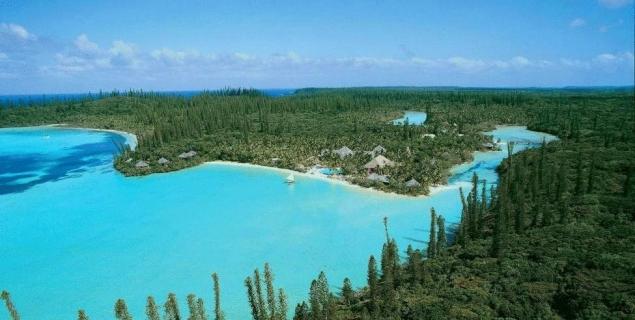
The Park not only sets an example to the international community for its huge size, but demonstrates additional benefits of proactive environmental protection measures. Instead of waiting for the moment when the ecosystem is in trouble, and only then begin to defend it, New Caledonia is taking steps to preserve valuable environmental resources, while they are still pristine. The region is not devoid of problems, says ecologist Jean Christophe Lefeuvre, but defend him before those problems get out of control.
"We are not aware of major threats, except for illegal catching of fish, — explains Lefeuvre, who directs the program for the creation of the reserve in New Caledonia. – However, in the near future, given the increased movement of vessels in Queensland, Australia, will also increase the risk of collisions. In addition, a recent open opportunities for oil and other minerals from deep-water deposits can damage the integrity of nature and ecosystems of the Coral sea".
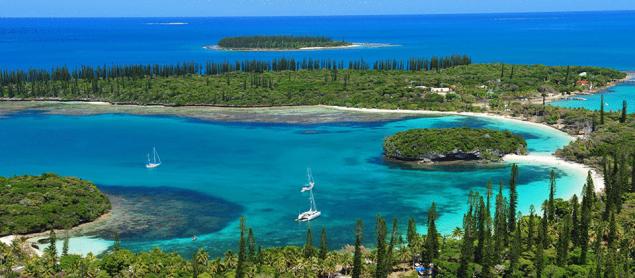
The Park was created at the legislative level, and the next step will be working out of logistic details such as territorial planning and management strategy. As the reserve is a protected area with many fields of use, certain areas will remain open to economic activities such as fishing and protection levels will be based on information from existing environmental data sources. The government, advisors and partners of New Caledonia have three years to develop the Park's management plan and its division into different zones.
"New Caledonians have always understood their dependence on nature, especially the oceans, stresses Lefeuvre. – Careful and circumspect use of natural resources plays a crucial role for the long-term well-being of mankind. This legislation draws our attention to the fact that investing in nature is the basis for healthy and environmentally sustainable society".
Source: facepla.net

